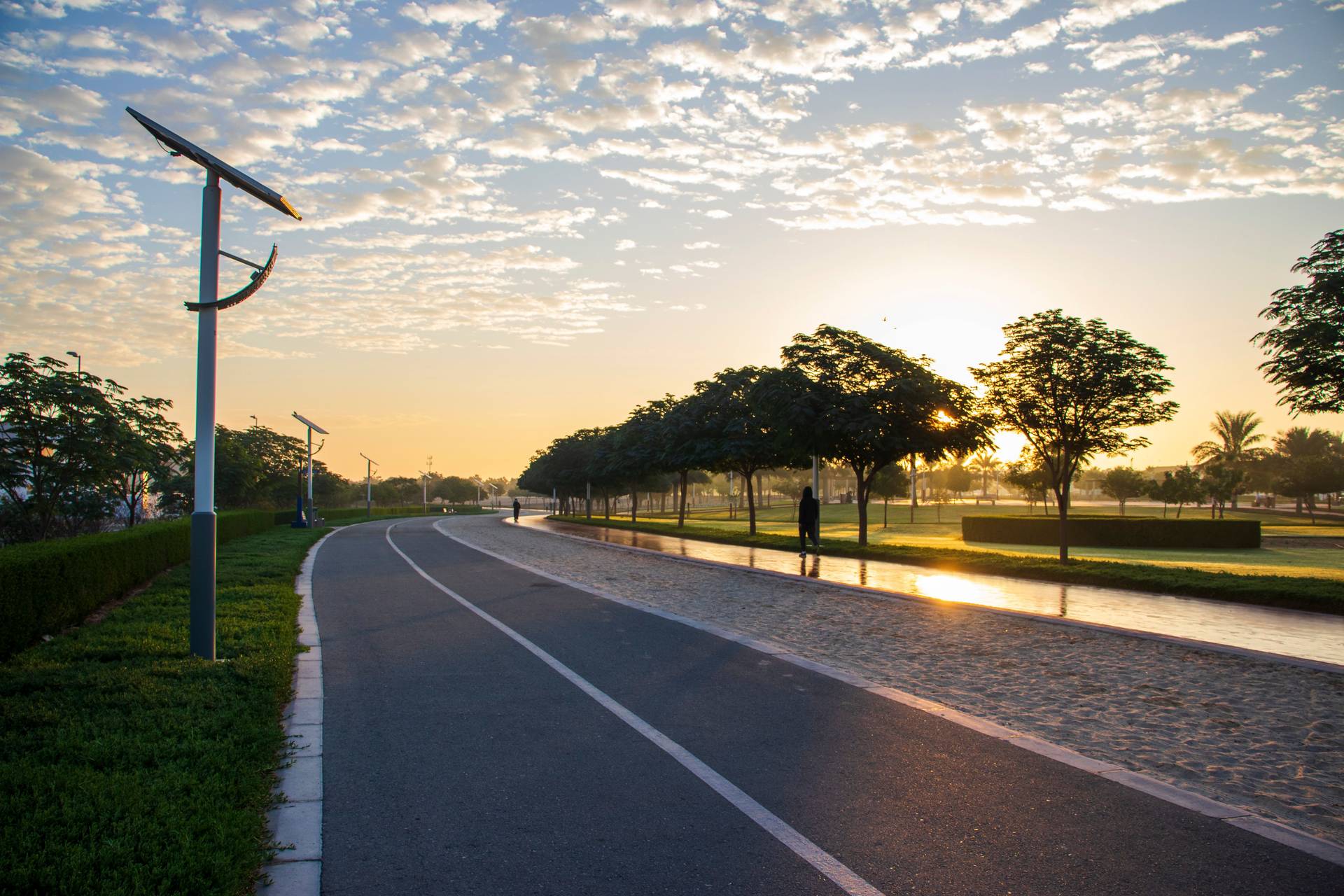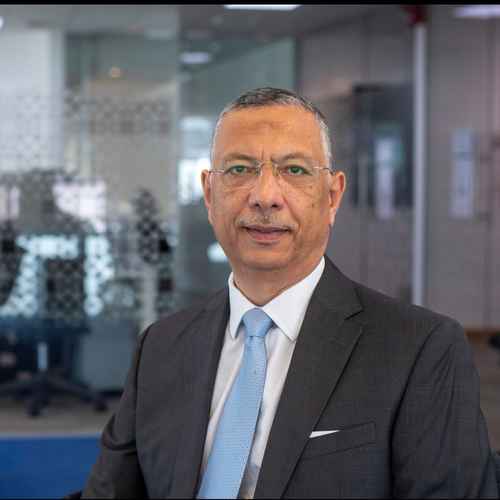
Looking ahead to COP28 in the UAE
With Dubai hosting COP28 in November 2023, the entire Gulf region is increasingly focused on the net zero transition.

With Dubai hosting COP28 in November 2023, the entire Gulf region is increasingly focused on the net zero transition. The UAE has already announced its Net Zero by 2050 Strategic Initiative, with an investment of over AED600 billion in renewable energy. Saudi Arabia is not far behind, with an official target to reach Net Zero by 2060. And Qatar, the world’s largest supplier of liquefied gas, is set on reducing its greenhouse gas emissions by 25% by 2030.
While the governments of the region are working in one welcome direction towards net zero, we understand that one size doesn’t fit all in terms of frameworks, timelines and implementation. This means we are meeting our partners where they are on their journey to net zero and advising them on how to build solid foundations for a sustainable clean future and integrated systems for urban development.
Building smart means building sustainably
As the region is building some of the leading smart cities of the future, it is essential that we think about what can be done differently. A truly smart city needs to address concerns around sustainability, infrastructure, and great service delivery as well as the entire spectrum of environmental, social, and governance (ESG) issues. As explained by Farah Naz, Director of ESG and Innovation, Middle East and Africa, during Abu Dhabi Sustainability Week in January 2023, smart cities are climate resilient ESG Cities, where the city ecosystem serves as a framework that brings sustainability, liveability and equitable clean energy into one conversation.
Climate smart cities are built around the principles of environmental and social governance and incorporate the latest sustainable technologies. This is what our urban planners and ESG advisors are working hand in hand towards achieving. We are working with large scale projects in the region to develop strategies to streamline their environment and sustainability visions, procedures, rating system requirements, as well as national aspirations and international targets.
The Regenerative Development Strategies (RDS), developed for this purpose, sets a framework to contribute to and achieve overall visions and sustainability rating system requirements for AECOM scope of works. The RDS main objectives include Reversing Climate Change, Extracting Resources Wisely, Preventing Environmental Pollution, Reversing Biodiversity Loss, Improving Nature Services, Supporting Social Cohesion, Enlivening Sense of Place, Building for Sustainability, and Demonstrating Circular Economy.
Prioritizing climate and biodiversity solutions
We are committed to delivering sustainable legacies for generations to come, and therefore it is essential that we prioritize nature-based and natural climate solutions into all our infrastructure and buildings projects to protect the region’s abundant and unique natural capital and biodiversity. We’re working hard to accelerate ideas and innovations to decarbonize the built environment, both operational and embodied carbon, and to help our clients achieve their broader sustainability goals. Starting with strategy, our experts work within a bespoke innovation framework and management plan focused on the built environment to deliver solutions for sustainability, carbon reduction, greenhouse gases emissions reduction, as well as ESG stakeholder engagement.
The results speak for themselves. Mall of Oman in Muscat, which is Majid Al Futtaim’s biggest lifestyle destination in the sultanate and the first major retail project in Oman to obtain the prestigious LEED Platinum sustainability accreditation, has achieved a 28% reduction in overall energy consumption (over ASHRAE 90.1. baseline) and 50% reduction in overall water consumption.
Working with a client in Saudi Arabia, AECOM developed a carbon dashboard that explains the relationship between water, waste, energy, carbon, materials, food, and the requirements to achieve 100% self-sufficiency, 100% renewable energy and carbon sequestration. The other main outcome was a digital Natural Capital accounting tool to monitor regeneration and rewilding outcomes in terms of Net Capital of the ecosystem services identified. The tool confirmed compliance with the net positive gain in biodiversity and environmental quality target.
Pragmatic, realistic and solutions-orientated
Looking ahead to COP28, we’re aligned with and support the “pragmatic, realistic and solutions-oriented approach” advocated by COP28 President Sultan al-Jaber to accelerate the global energy transition. Our experience shows that ambitious sustainability goals can be realized, and we are proud to work with those making the net zero transition a reality in the region and a leader in global climate action.